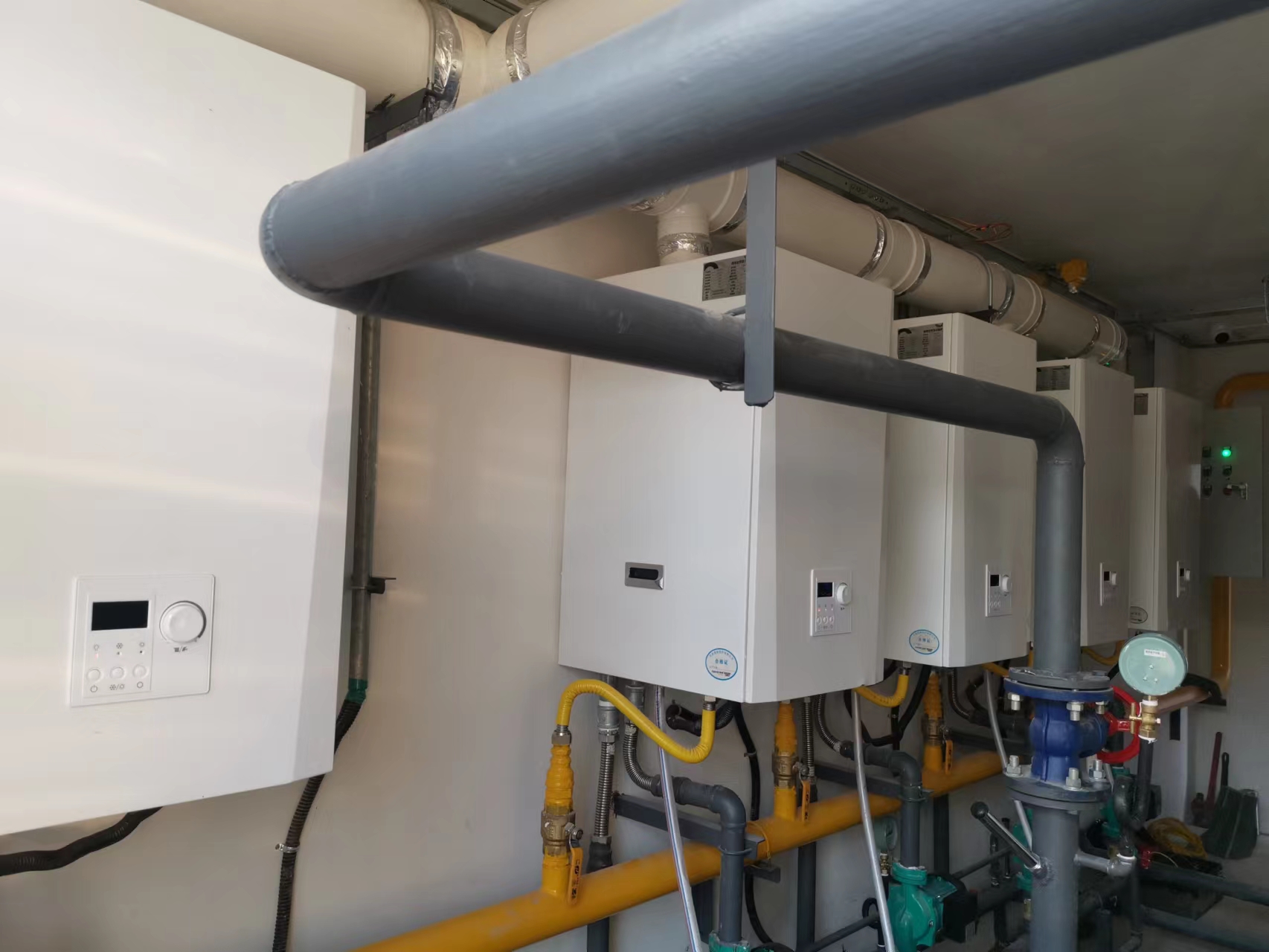- Afrikaans
- Albanian
- Amharic
- Arabic
- Armenian
- Azerbaijani
- Basque
- Belarusian
- Bengali
- Bosnian
- Bulgarian
- Catalan
- Cebuano
- China
- China (Taiwan)
- Corsican
- Croatian
- Czech
- Danish
- Dutch
- English
- Esperanto
- Estonian
- Finnish
- French
- Frisian
- Galician
- Georgian
- German
- Greek
- Gujarati
- Haitian Creole
- hausa
- hawaiian
- Hebrew
- Hindi
- Miao
- Hungarian
- Icelandic
- igbo
- Indonesian
- irish
- Italian
- Japanese
- Javanese
- Kannada
- kazakh
- Khmer
- Rwandese
- Korean
- Kurdish
- Kyrgyz
- Lao
- Latin
- Latvian
- Lithuanian
- Luxembourgish
- Macedonian
- Malgashi
- Malay
- Malayalam
- Maltese
- Maori
- Marathi
- Mongolian
- Myanmar
- Nepali
- Norwegian
- Norwegian
- Occitan
- Pashto
- Persian
- Polish
- Portuguese
- Punjabi
- Romanian
- Russian
- Samoan
- Scottish Gaelic
- Serbian
- Sesotho
- Shona
- Sindhi
- Sinhala
- Slovak
- Slovenian
- Somali
- Spanish
- Sundanese
- Swahili
- Swedish
- Tagalog
- Tajik
- Tamil
- Tatar
- Telugu
- Thai
- Turkish
- Turkmen
- Ukrainian
- Urdu
- Uighur
- Uzbek
- Vietnamese
- Welsh
- Bantu
- Yiddish
- Yoruba
- Zulu
Aug . 12, 2024 12:22 Back to list
Manufacturing Facilities for Efficient Domestic Hot Water Heat Exchangers and Related Technologies
The Importance of Domestic Hot Water Heat Exchangers A Critical Component in Modern Plumbing Systems
In today’s world, efficiency and sustainability have become paramount concerns in residential architecture and plumbing systems. Among the technologies that assist in achieving these goals, domestic hot water heat exchangers stand out as crucial components. These devices play a vital role in providing hot water for residential needs while optimizing energy consumption and enhancing comfort.
What is a Domestic Hot Water Heat Exchanger?
A domestic hot water heat exchanger is a device designed to transfer heat from one medium to another without mixing them. Primarily, it is used to heat cold water for domestic purposes, such as bathing, cooking, and cleaning. In essence, it acts as a bridge between the heating source—typically a boiler or a solar heating system—and the water supply in a home.
Heat exchangers come in several styles, including plate, shell-and-tube, and double-pipe configurations. The choice of a specific type often depends on various factors, including the system’s design, the space available, and budget considerations.
Efficiency and Energy Savings
One of the most significant advantages of using a domestic hot water heat exchanger is its ability to improve energy efficiency. By optimizing the transfer of heat, these exchangers reduce the volume of energy required to heat water, thus lowering energy bills for homeowners. For instance, in conventional systems, a significant amount of heat can be lost in the piping between the water heater and the faucet. In contrast, heat exchangers minimize this loss, ensuring more efficient use of energy.
Moreover, many modern heat exchangers are designed with renewable energy sources in mind. Integrating these devices with solar water heating systems allows homeowners to utilize free, renewable energy while further reducing their reliance on fossil fuels.
domestic hot water heat exchanger factory

Enhanced Comfort and Convenience
In addition to energy savings, domestic hot water heat exchangers improve the overall comfort and convenience of daily life. With an efficient heat exchanger, homeowners can enjoy a consistent supply of hot water, even during peak demand times. This reliability is crucial for families where multiple members rely on hot water for showers, dishwashing, and laundry simultaneously.
Moreover, the ability to customize temperatures with heat exchangers adds another layer of convenience. Homeowners can adjust settings to suit their preferences, ensuring that their hot water needs are met efficiently and effectively.
Environmental Considerations
With increasing awareness of environmental issues, many homeowners are actively seeking ways to reduce their carbon footprints. Domestic hot water heat exchangers contribute significantly to this goal. By enhancing energy efficiency and integrating with renewable energy sources, these devices help decrease greenhouse gas emissions associated with conventional water heating methods.
Furthermore, the longevity of heat exchangers means less frequent replacements, thereby reducing waste and the environmental impact associated with manufacturing and disposing of plumbing equipment.
Conclusion
In summary, domestic hot water heat exchangers are indispensable in modern plumbing systems, offering a multitude of benefits that range from increased energy efficiency and improved comfort to significant environmental advantages. As homeowners continue to prioritize sustainability and energy conservation, the demand for these devices is likely to grow. Investing in a quality heat exchanger not only improves the functionality of a home's plumbing system but also contributes to a greener, more sustainable future. By understanding the importance of this technology, homeowners can make informed decisions that align with their values of efficiency and environmental stewardship.
-
8mm Thin-Walled Cast Steel Manhole Cover Pallet Bottom Ring | Durable
NewsAug.04,2025
-
Premium Cast Iron Water Main Pipe: Durable, Corrosion-Resistant
NewsAug.03,2025
-
Durable Cast Iron Water Mains | AI-Optimized Systems
NewsAug.02,2025
-
High-Efficiency Propane Boiler for Baseboard Heat | Save Energy
NewsAug.01,2025
-
Premium Source Suppliers for Various Gray Iron Castings
NewsJul.31,2025
-
Durable Cast Iron Water Main Pipes | Long-Lasting
NewsJul.31,2025


